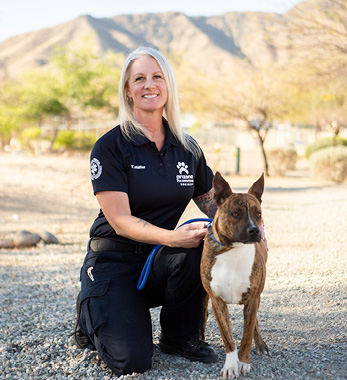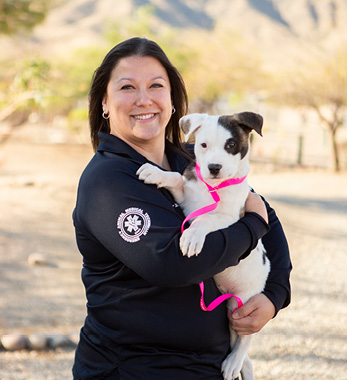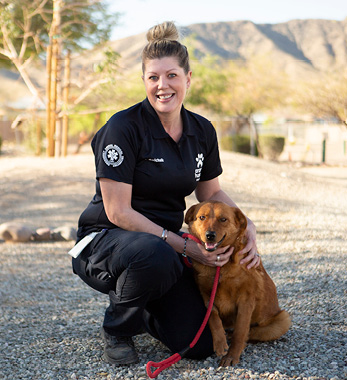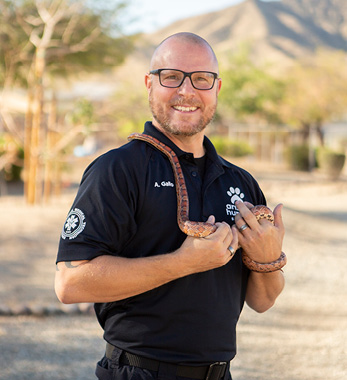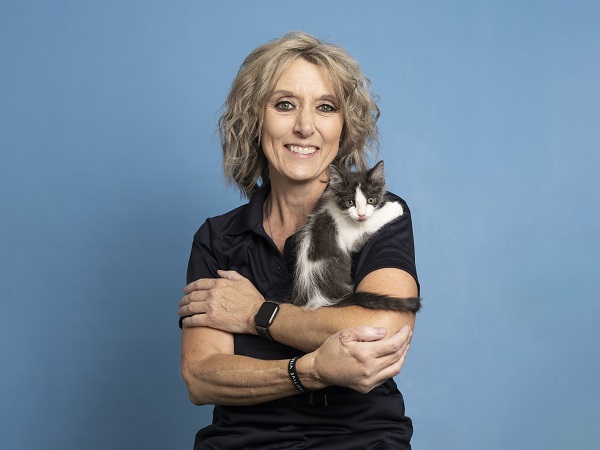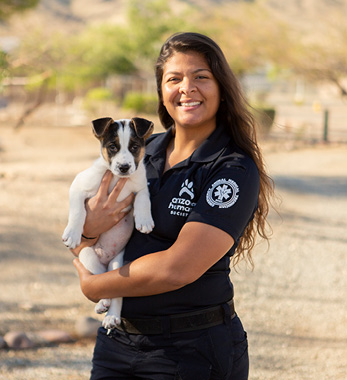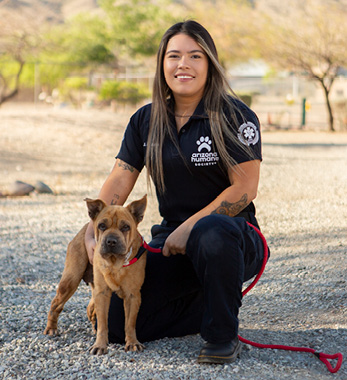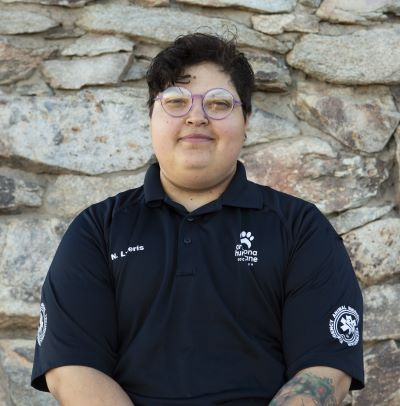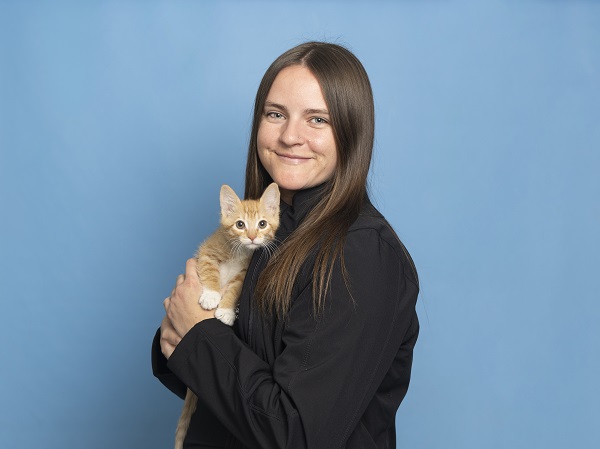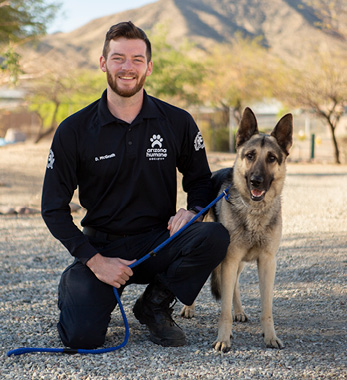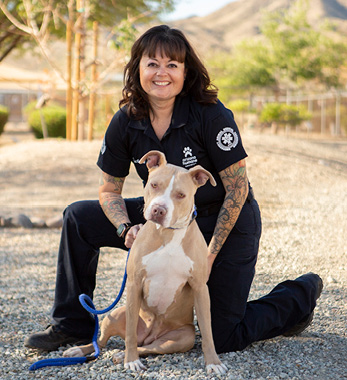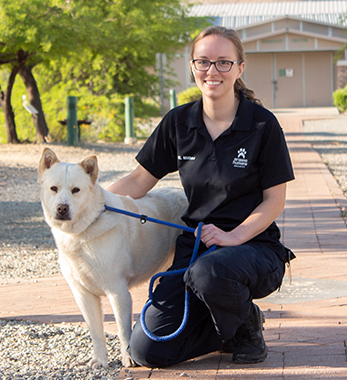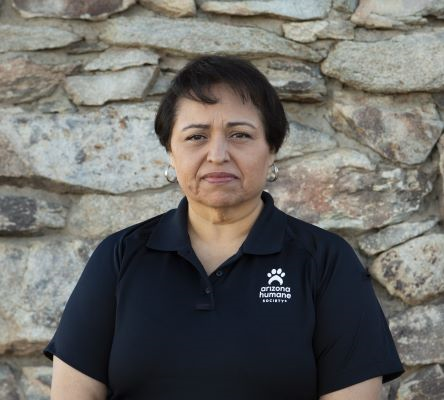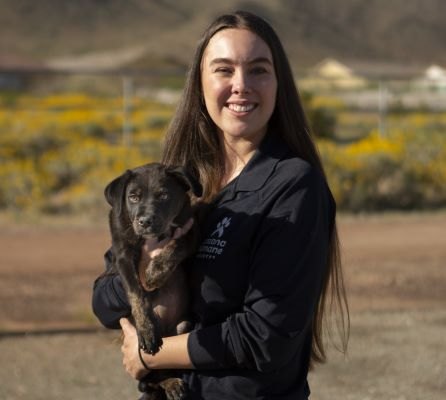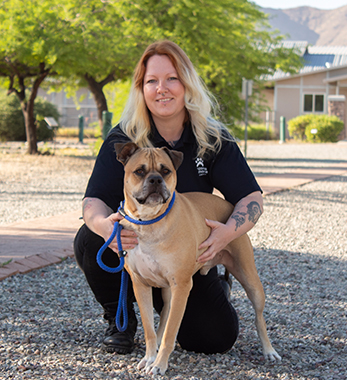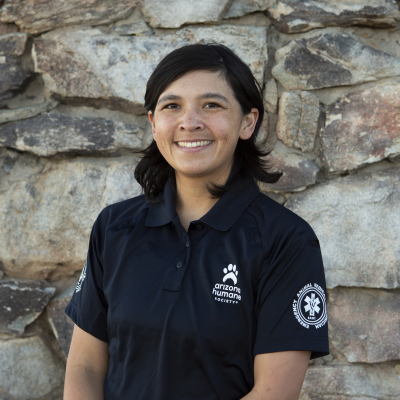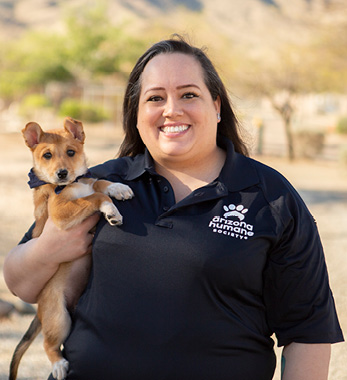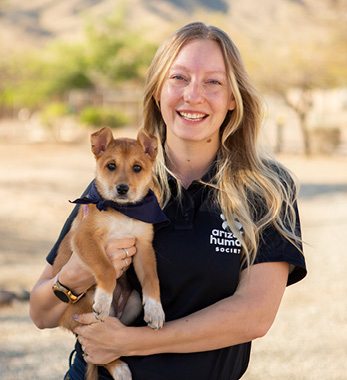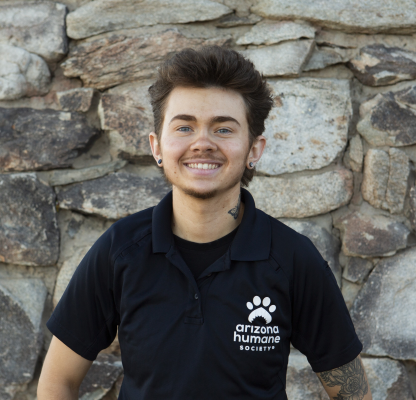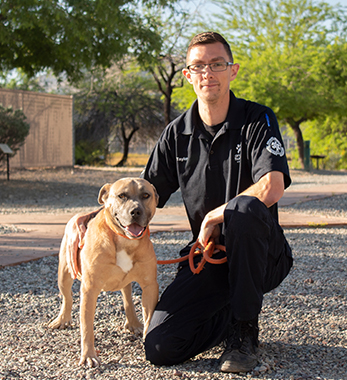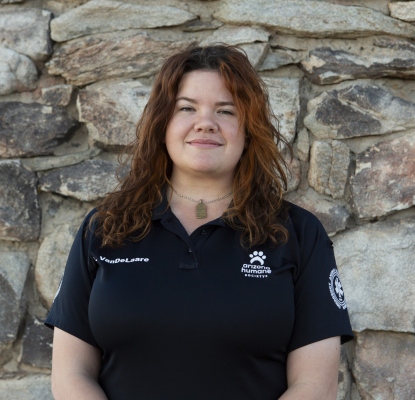Stop Animal Cruelty
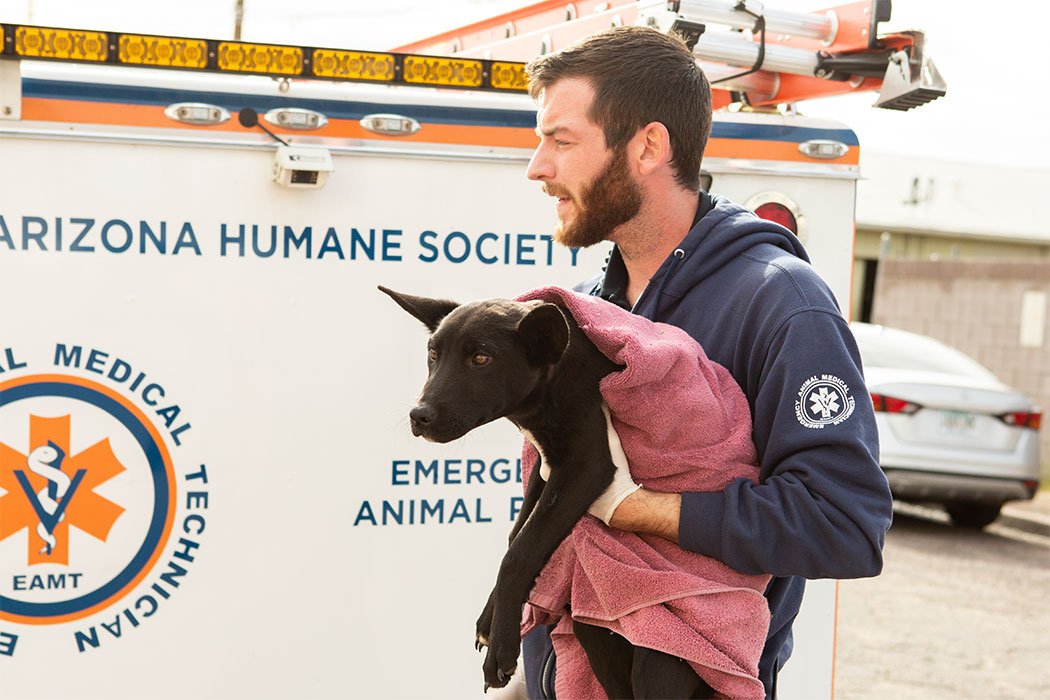
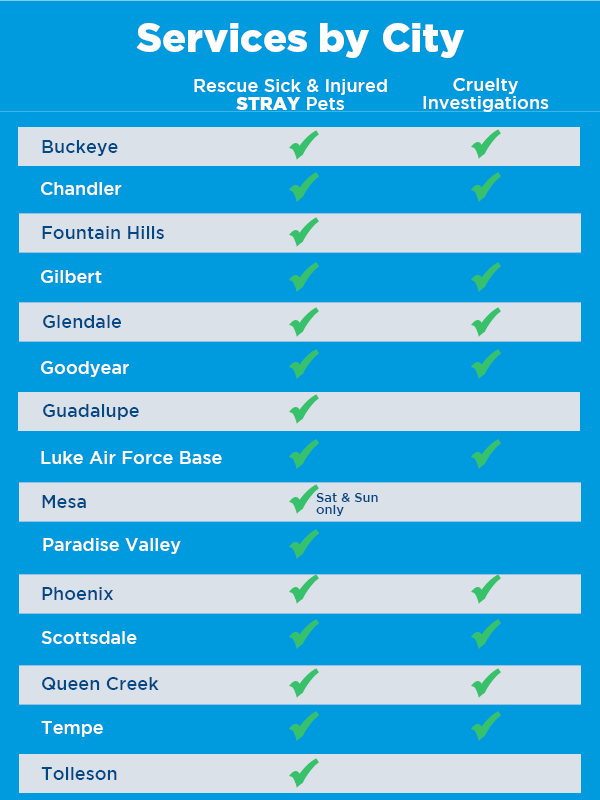
Need Immediate Help?
Our Field Dispatch team is available every day 8 AM – 6 PM.
We pick up sick and injured stray pets and handle cruelty investigations in many cities in the Phoenix region.
If you are in any Valley city that has not enlisted our services (Avondale, Peoria, Surprise/El Mirage, Tolleson, Mesa – except for sick and injured pick up on Sat and Sun) please contact your city’s designated animal control department.

Serving Animals and Saving Lives
At the Arizona Humane Society, saving lives is our top priority. That’s why we have our dedicated teams of Emergency Animal Medical Technicians (EAMTs™) and Animal Cruelty Investigators. Every year, we respond to over 15,000 animal rescues and investigations. Once on the scene, our EAMTs™ will provide lifesaving care and transport the distressed animals to our trauma hospital for veterinary care.
Stop Animal Cruelty in Your Community
Do you suspect an animal is being abused? Here are the answers to some of the most common questions.
- What Are the Signs of Animal Cruelty?
-
- Open sores or cuts on the animal’s body
- Bruising, bleeding or other apparent injury to the animal’s anus and/or genital regions
- Patches of missing fur
- Tick or flea infestation
- Extremely thin body
- Limping/inability to walk
- Witness an owner hitting or beating an animal
- Dogs repeatedly left outside without food, water or shelter
- Dogs kept outside during extreme heat, cold, rain, snow, etc. with no shelter
- A house with an excessive amount of animals
- Cowering in fear or acting aggressively (especially when approached by the owner)
- Pets left in parked cars (during hot weather)
- Can Dogs Be Chained or Tethered Outside?
-
According to state law (ARS 13-2910), people are required to provide their pets with adequate food, water, shelter and medical treatment. Pets who are chained or tethered will often get entangled, cutting off access to these basic needs. Some Arizona cities do have tethering ordinances, including:
- Phoenix prohibits the tethering of pets in extreme weather conditions (below 32 degrees or above 100 degrees) and also prohibits restraints shorter than 10 feet in length. Chains may not be used as a mechanism for tethering.
- Glendale prohibits tethering for the purpose of animal confinement, regardless of weather conditions.
- Tempe prohibits tethering when the temperature is below 45 degrees or above 85 degrees, and pets must be supervised by somebody physically at the property.
- Chandler prohibits the tethering of pets when the temperature is below 32 degrees or above 100 degrees or if a heat or extreme weather advisory has been issued.
We also recommend these additional safety guidelines:
- If you have no choice but to tether and it is legal to do so where you live, the dog should have a long tether and be free of obstacles that might get them tangled.
- Collars should be fitted properly.
- The water bowl should be secured so the dog cannot tip it over.
- Metal heats up! Both food and water should be in plastic, not metal, bowls.
- Dog should not be left unsupervised for long periods of time.
- During excessive heat warnings, bring pets indoors.
- How Is Adequate Shelter Defined?
-
In the City of Phoenix, adequate shelter is defined as:
- Structurally sound and accessible year-round to protect the animal from extreme weather conditions.
- Sufficient in size to allow animals to enter, stand, turn around and lie down while also having adequate ventilation and drainage.
Individuals who do not provide adequate shelter to their pets can be charged with animal cruelty.
- Can I Break a Car Window If I See a Pet Inside?
-
We encourage people to never leave their pets unattended in a vehicle. Arizona’s Samaritan Hot Car Law allows people to take action should they see a child or pet in a hot car.
Learn more about Hot Car Safety.
- There Are Dozens of Outdoor Cats In My Neighborhood. Is That Allowed?
-
Unlike dogs, there are no leash laws for cats in Arizona. It is estimated that there are more than 200,000 outdoor cats in Maricopa County. Trap-Neuter-Return (TNR) is the most humane and effective approach for controlling outdoor cat populations. Learn more at somanycats.org.
- How Do I Know if a Boarding Facility Is Legitimate?
-
When researching where to board your pets, be sure to ask friends and family for recommendations, search online reviews and then visit the facility and ask for a tour. If they are unwilling to show you the facility, that could be a red flag. In addition, ask what their protocols are should your pet become sick or injured while in their care.
- How Do I Know If a Breeder Is Running a Puppy Mill?
-
Puppy mills are dog breeding “factories” that put profits ahead of dog welfare. Unfortunately, while there are many responsible and professional breeders, the reality is that puppy mills are still very common. Even pet stores have long been one of the biggest sources of puppy mill puppies.
Learn more about this topic on our Adopting vs. Buying page.
If you notice any signs of animal cruelty taking place, please report it immediately.
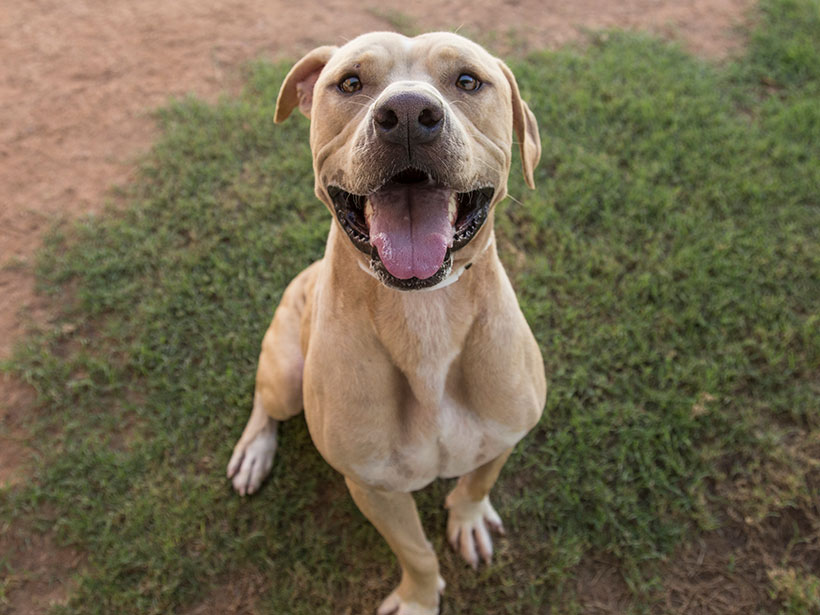
Animal Cruelty Investigations
The most common animal cruelty investigations are for abandonment, welfare checks and lack of water. Our EAMTs™ work closely with local law enforcement and play a key role in the investigations of suspected cruelty and neglect, which frequently require their expert testimony.
Our EAMTs™ are not officers of the law. However, we are contracted to conduct animal cruelty investigations within certain cities. Our team is well-trained in state and local animal cruelty laws, crime scene investigations and photography, evidence collection, suspect/witness statements and on-scene medical evaluations.
We handle cruelty investigations in Buckeye, Chandler, Gilbert, Glendale, Goodyear, Luke Air Force Base, Phoenix, Scottsdale, Tempe and Queen Creek. For help in other cities, click here.
Meet Our Field Operations Team
-
![Image of Tracey Miiller]() Tracey MiillerField Operations Director
Tracey MiillerField Operations Director -
Tracey Miiller
After spending more than two decades with the Phoenix Police Department, Tracey now oversees the EAMTs and Cruelty Investigators of AHS’ Field Department and ensures our community’s pets are well protected. Tracey has three dogs and a fish named Stormy.
Why she wanted to work with animals
After being in law enforcement for 21 years I wanted to use my experience to help animals by being their voice and working to prosecute their abusers. -
![Image of Ruthie Jesus]() Ruthie JesusField Operations Manager
Ruthie JesusField Operations Manager -
Ruthie Jesus
Ruthie started out as an adoption counselor at AHS before transferring to our Field Operations team, and wound up fostering her very first rescue – a dog suffering from a severely injured leg that would require amputation surgery. Ruthie shares her home with seven pets, ranging from dogs and cats to rabbits and turtles.
Why she wanted to work with animals
After years of cooking for the wealthy, I wanted to do something that was good for the soul. I wanted to make a difference in my community. I have also come to LOVE that moment when an animal trusts you for the first time…it is an adrenaline rush like no other. -
![Image of Julie Bolchalk]() Julie BolchalkField Operations Supervisor
Julie BolchalkField Operations Supervisor -
Julie Bolchalk
Julie has been with AHS since 2014, and started our Adoptions Department before transferring over to our Field Team. Julie has one very opinionated senior cat named Mit and has an open-door policy for foster pets.
Why she wanted to work with animals
Animals share such joy, encouragement, love and loyalty to us; I’ve always felt an innate responsibility to show them the same kindness, even if it’s just a brief encounter. -
![Image of MacKenzie Dunnington]() MacKenzie DunningtonEmergency Animal Medical Technician™
MacKenzie DunningtonEmergency Animal Medical Technician™ -
MacKenzie Dunnington
-
![Image of Andy Gallo]() Andy GalloEmergency Animal Medical Technician™
Andy GalloEmergency Animal Medical Technician™ -
Andy Gallo
-
![Image of Kerry Grosskopf]() Kerry GrosskopfDispatch Coordinator
Kerry GrosskopfDispatch Coordinator -
Kerry Grosskopf
-
![Image of Kiarra Johnson-Wilson]() Kiarra Johnson-WilsonEmergency Animal Medical Technician™
Kiarra Johnson-WilsonEmergency Animal Medical Technician™ -
Kiarra Johnson-Wilson
-
![Image of Jordann Lizama]() Jordann LizamaEmergency Animal Medical Technician™
Jordann LizamaEmergency Animal Medical Technician™ -
Jordann Lizama
-
![Image of Nina Lygeris]() Nina LygerisEmergency Animal Medical Technician™
Nina LygerisEmergency Animal Medical Technician™ -
Nina Lygeris
-
![Image of Kenzee Marcotte]() Kenzee MarcotteEmergency Animal Medical Technician™
Kenzee MarcotteEmergency Animal Medical Technician™ -
Kenzee Marcotte
-
![Image of Dan McGrath]() Dan McGrathEmergency Animal Medical Technician™
Dan McGrathEmergency Animal Medical Technician™ -
Dan McGrath
-
![Image of Cynthia McGuire]() Cynthia McGuireEmergency Animal Medical Technician™
Cynthia McGuireEmergency Animal Medical Technician™ -
Cynthia McGuire
-
![Image of Rachel Miller]() Rachel MillerField Associate
Rachel MillerField Associate -
Rachel Miller
-
![Image of Lorraine Mori]() Lorraine MoriDispatcher
Lorraine MoriDispatcher -
Lorraine Mori
-
![Image of Miranda Nordstrom]() Miranda NordstromEmergency Animal Medical Technician™
Miranda NordstromEmergency Animal Medical Technician™ -
Miranda Nordstrom
-
![Image of Melly Oakley]() Melly OakleyField Dispatcher
Melly OakleyField Dispatcher -
Melly Oakley
-
![Image of Kit Rosen-Ducat]() Kit Rosen-DucatField Associate
Kit Rosen-DucatField Associate -
Kit Rosen-Ducat
-
![Image of Shaunte Sabori]() Shaunte SaboriField Dispatcher
Shaunte SaboriField Dispatcher -
Shaunte Sabori
-
![Image of Samphyre Searle]() Samphyre SearleField Operations Administration Assistant
Samphyre SearleField Operations Administration Assistant -
Samphyre Searle
-
![Image of Hunter Stribling]() Hunter StriblingField Associate
Hunter StriblingField Associate -
Hunter Stribling
-
![Image of Justin Taylor]() Justin TaylorEmergency Animal Medical Technician™️
Justin TaylorEmergency Animal Medical Technician™️ -
Justin Taylor
-
![Image of Lacey Vandelaare]() Lacey VandelaareEmergency Animal Medical Technician™
Lacey VandelaareEmergency Animal Medical Technician™ -
Lacey Vandelaare

